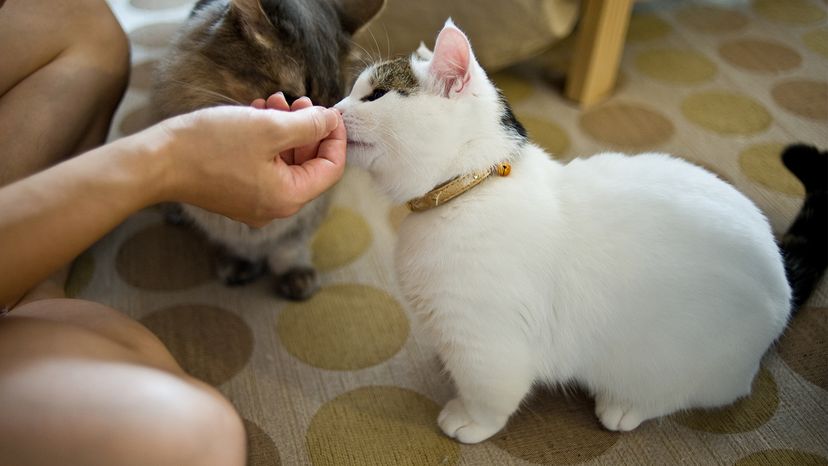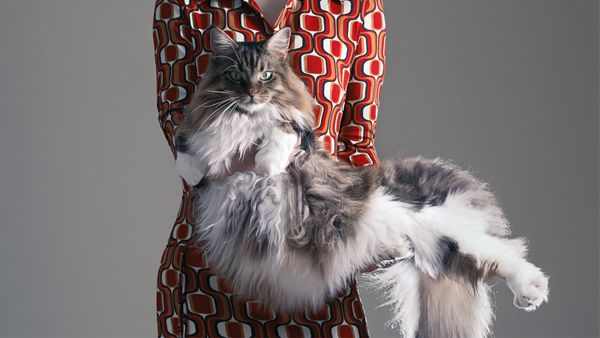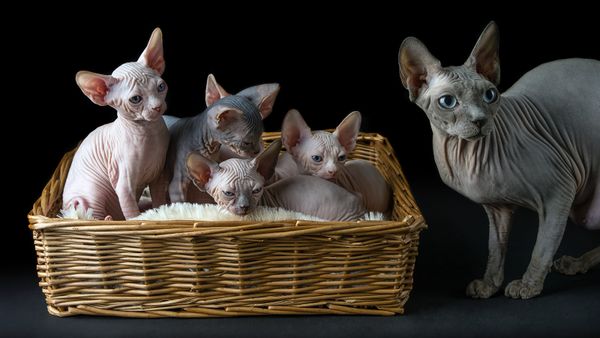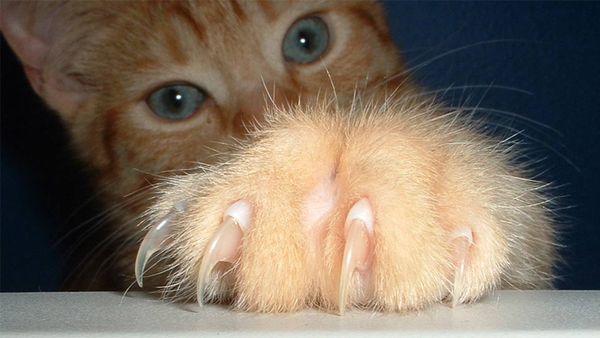Munchkin cats are short on stature, but long on controversy. Short-legged cats have been reported for decades, thanks to a naturally occurring gene responsible for an occasional kitten with shorter-than-normal legs. But it wasn't until the mid-1980s that Sandra Hochenedel found a pregnant short-legged cat near her Louisiana home. Hochenedel named the cat Blackberry. The litter Blackberry produced included short- and long-legged kittens. One of the short-legged kittens, a male named Toulouse, was gifted to Kay LaFrance, who also was instrumental in the breed's initial recognition. Today, all Munchkin cats can be traced back to Blackberry and Toulouse.
Munchkin cats met the world during a nationally televised cat show at New York City's Madison Square Garden in 1991. In 1994, the breed was added The International Cat Association's Breed Development program.
Today, the Cat Fanciers Association and the American Cat Fanciers Association do not recognize the Munchkin as a breed. Those opposed to recognizing Munchkins as a breed believed the genetic mutation that gave the Munchkin its short legs would create negative health conditions. However, those health issues haven't cropped up for the breed and the Munchkin, by and large, seems to be as healthy as other types of cats.
"So far, Munchkins seem to enjoy a normal cat life span and no structural problems related to their short leggedness," LaFontaine says. "Munchkins are true extroverts who love people, other cats and even dogs. They're curious and intelligent cats."



